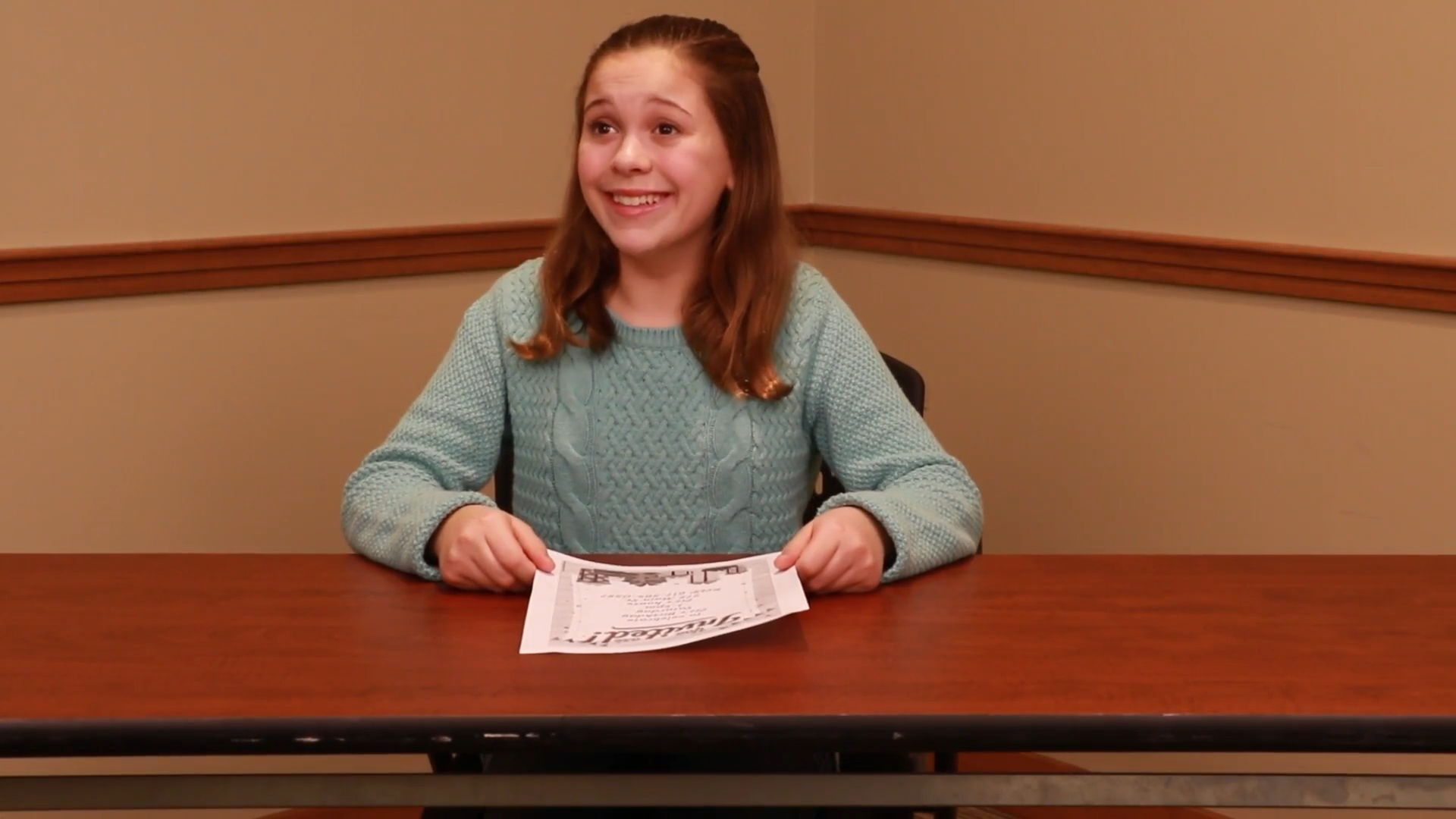Special education plays a significant role in helping students develop crucial life skills. One such skill is the ability to plan and prepare for social events, which is essential for students’ learning, social interactions, and wellbeing. In this blog post, we will explore the concept of social planning skills and how to create effective IEP goals for elementary students.
Understanding Social Planning Skills
Social planning skills involve the ability to organize and prepare for social events, such as birthday parties, ensuring that the student can participate effectively and enjoy the experience. These skills impact students’ learning by promoting effective communication, collaboration, and problem-solving abilities. Furthermore, social planning skills foster positive social interactions, emotional wellbeing, and a sense of belonging.
The Role of Specialists
Various specialists play a crucial role in supporting the development of social planning skills in students:
- Speech-Language Pathologists: They can facilitate communication skills necessary for RSVPing, asking questions, and engaging in conversations during social events.
- Social Workers: They can help students develop social awareness, empathy, and appropriate behaviors during social interactions.
- Psychologists: They can address any underlying emotional or cognitive barriers that hinder the development of social planning skills.
- School Counselors: They can provide guidance and support for students as they navigate social situations and develop their planning abilities.
IEP Goals for Social Planning Skills
Here are some specific SMART IEP goals that can be used to improve social planning skills in elementary students:
-
Goal: The student will demonstrate the ability to RSVP to invitations for social events with 90% accuracy over the next six months.
- Strategies and activities: Role-playing, social stories, and practicing RSVPing through various means (phone call, email, or written response).
-
Goal: The student will independently identify and gather necessary items (gift, card) for a social event in 4 out of 5 opportunities over the next three months.
- Strategies and activities: Visual schedules, checklists, and practicing gift selection and card writing.
-
Goal: The student will engage in appropriate conversations during social events with peers and adults with 80% success rate over the next six months.
- Strategies and activities: Social skills groups, role-playing, and practicing conversation starters and active listening skills.
Implementing and Measuring Progress
Implementing these IEP goals involves collaboration between educators, specialists, and parents. Regular monitoring, data collection, and progress updates are essential for measuring success. Use tools such as rating scales, observation checklists, and self-assessment to track progress and adjust strategies as needed.
Conclusion
Effective IEP goals for social planning skills can significantly improve students’ abilities to participate in and enjoy social events. By implementing these goals and collaborating with specialists, educators can help students develop essential life skills. We encourage you to apply these IEP goals in your practice and invite you to explore more resources at Everyday Speech Sample Materials.






